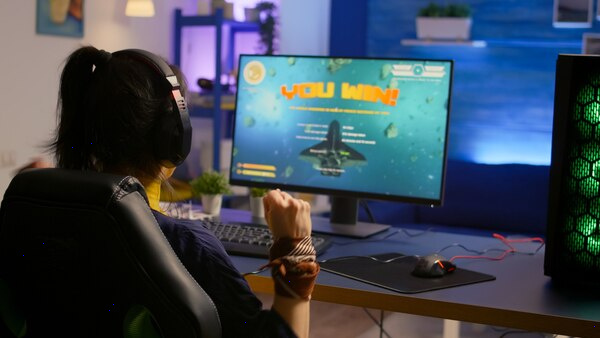How to Become a Successful Game Developer
Embarking on the journey to become a successful game developer can be both thrilling and daunting. The gaming industry is known for its fast-paced nature and constant evolution, but with dedication, the right skills, and a strong passion for gaming, anyone can break into this exciting field. Here’s a comprehensive guide to help you navigate your path to success as a game developer.

1. Understand the Basics
Before diving into game development, it's crucial to have a firm grasp of the fundamental concepts. Familiarize yourself with key terms such as game mechanics, graphics, storylines, and user experience. Start by playing a variety of games to analyze what makes them enjoyable or challenging.
2. Learn Programming Languages
Programming is the backbone of game development. Languages such as C++, C#, and Python are commonly used in the industry. C++ is particularly popular for its high performance, while C# is widely used with the Unity game engine. Python, though less common in mainstream game development, is excellent for beginners due to its simplicity.
3. Choose Your Development Platform
Decide which platform you want to develop for, whether it's PC, console, mobile, or web. Each platform has its own set of tools and conventions. For instance, Unity and Unreal Engine are popular choices for PC and console games, while mobile game development often involves tools like Android Studio or Swift for iOS.
4. Master Game Engines
Game engines are crucial for building games efficiently. Unity and Unreal Engine are the two most prominent engines. Unity is known for its versatility and is great for 2D and 3D games, making it a popular choice for indie developers. Unreal Engine, on the other hand, is known for its high-end graphics capabilities and is favored for AAA titles.
5. Gain Experience Through Projects
Hands-on experience is invaluable. Start by working on small projects or game prototypes. This will not only help you apply what you've learned but also build a portfolio that showcases your skills. Participate in game jams and hackathons to gain exposure and possibly collaborate with other aspiring developers.
6. Study Game Design
Having strong programming skills is essential, but understanding game design principles is equally important. Learn about level design, character development, narrative structures, and user interface (UI) design. There are numerous resources, such as books, online courses, and workshops, that delve into the intricacies of game design.
7. Join a Community
Networking is a vital aspect of any career, and game development is no exception. Join online forums, Reddit communities, and social media groups related to game development. Engaging with fellow developers can provide support, feedback, and potential job opportunities. Additionally, attending industry events and conferences can help build valuable connections.
8. Keep Up with Industry Trends
The gaming industry is ever-evolving, with new technologies and trends emerging regularly. Stay updated on the latest developments by following industry news, subscribing to relevant blogs, and participating in webinars. Understanding current trends, such as virtual reality (VR), augmented reality (AR), and blockchain gaming, can give you a competitive edge.
9. Build a Strong Portfolio
Your portfolio is a reflection of your skills and creativity. Include a variety of projects that showcase different aspects of game development, such as coding, design, and collaboration. Make sure to highlight any unique or innovative elements you’ve contributed to your projects. A well-organized and visually appealing portfolio can set you apart from the competition.
10. Be Persistent and Patient
Success in game development doesn't happen overnight. It's a process that requires patience, persistence, and continuous learning. Failures and setbacks are part of the journey, but each challenge is an opportunity to v3dnw and improve. Stay motivated, seek feedback, and keep refining your craft.
Becoming a successful game developer requires a blend of technical skills, creativity, and a genuine passion for gaming. By following these steps and staying committed to your goals, you can carve out a rewarding and exciting career in game development. Whether you aim to create indie masterpieces or contribute to blockbuster titles, the possibilities in the gaming industry are vast and ever-expanding.